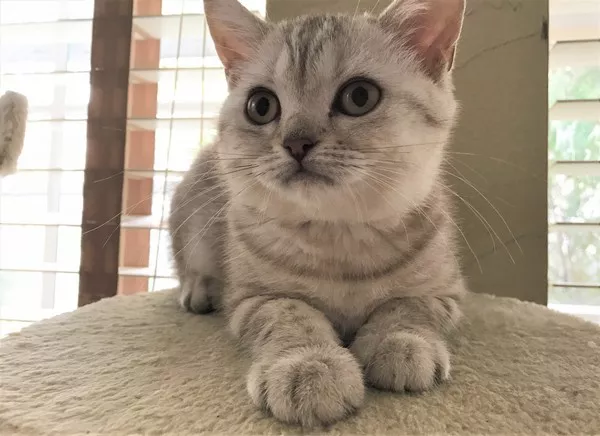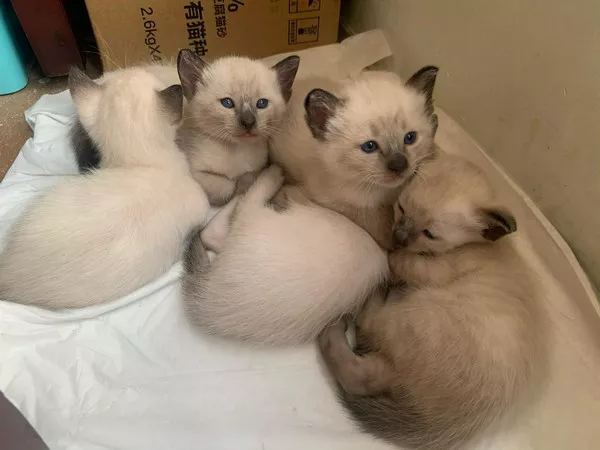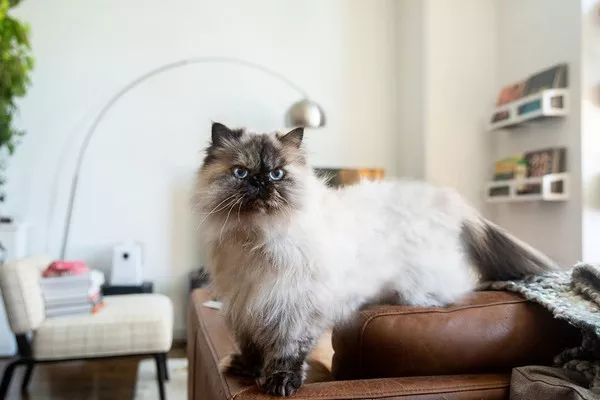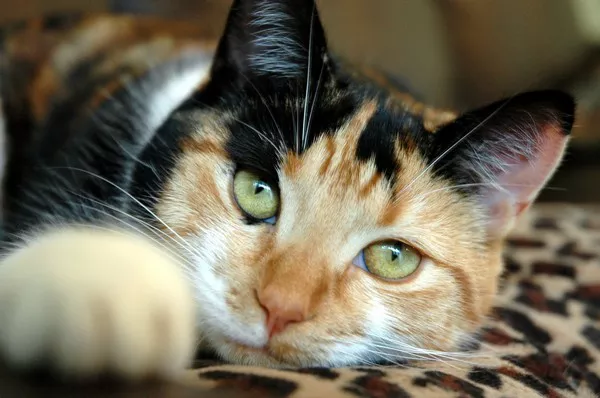Cats, beloved companions to millions around the world, are known for their unique behaviors and habits. As responsible pet owners, it’s essential to understand their dietary needs and behaviors, especially when it comes to mealtime. One common question that arises is, “How long can cats go without food?” In this article, we will explore the factors that influence a cat’s ability to go without food, signs of potential health issues, and how to ensure your feline friend’s well-being.
The Feline Metabolism
1. Efficient Energy Storage
Cats possess an evolved metabolism that allows them to efficiently store and utilize energy. This adaptation stems from their evolutionary history as solitary hunters.
2. Surviving on Infrequent Meals
Cats’ ancestors, wild felids, adapted to surviving on infrequent meals, as successful hunts were sporadic. This ability to store energy enables cats to manage periods without food.
Factors Influencing Food Absorption
1. Age and Health
Kittens and senior cats may have different nutritional requirements and tolerances for fasting periods. Additionally, underlying health conditions can impact a cat‘s ability to tolerate a lack of food.
2. Body Condition
A cat’s body condition, including weight and muscle mass, plays a role in how long they can go without food. Overweight cats tend to have more stored energy.
Normal Fasting Periods
1. Short-Term Fasting
Healthy adult cats can typically manage short-term fasting periods, ranging from 24 to 48 hours, without major health risks.
2. Natural Behaviors
Cats may naturally fast when they are unwell, stressed, or have a decreased appetite. These behaviors are rooted in their wild instincts.
Signs of Potential Issues
1. Changes in Behavior
If your cat exhibits lethargy, excessive hiding, or lack of interest in their surroundings, it could be a sign of underlying health issues.
2. Refusal to Eat
Cats that consistently refuse food for more than 24 hours may require immediate veterinary attention, especially if other symptoms accompany their loss of appetite.
Health Risks of Prolonged Fasting
1. Hepatic Lipidosis
Prolonged fasting can lead to hepatic lipidosis, a severe liver condition that occurs when fat accumulates in the liver. This condition can be life-threatening if not addressed promptly.
2. Muscle Wasting
Extended fasting periods can lead to muscle wasting, impacting a cat’s overall health and mobility.
Recognizing Individual Needs
1. Consult Your Veterinarian
Understanding your individual cat’s needs is crucial. Consult your veterinarian for guidance on appropriate feeding schedules, especially if your cat has specific health conditions.
2. Observe Eating Patterns
Take note of your cat’s usual eating patterns and behaviors. Deviations from their norm could indicate potential health issues.
Ensuring a Healthy Diet
1. Balanced Nutrition
Providing a balanced and nutritionally complete diet is essential for your cat’s overall health and well-being.
2. Regular Feeding Schedule
Establishing a consistent feeding schedule can help regulate your cat’s metabolism and prevent them from going overly long periods without food.
Creating a Safe Environment
1. Stress Reduction
Minimizing stressors in your cat’s environment can help prevent loss of appetite. Cats are sensitive to changes, and a calm setting promotes healthy eating habits.
2. Fresh Water Access
Always ensure your cat has access to fresh water. Dehydration can exacerbate health issues and impact appetite.
Conclusion
In conclusion, understanding how long cats can go without food is essential for responsible pet ownership. While healthy adult cats can manage short-term fasting periods, it’s crucial to be vigilant about their behaviors and overall well-being. Prolonged fasting can lead to severe health issues, including hepatic lipidosis and muscle wasting. Consulting your veterinarian, recognizing individual needs, and providing a balanced diet are key to maintaining your cat’s health. By observing your cat’s behavior, providing proper nutrition, and creating a stress-free environment, you can ensure that your feline friend enjoys a happy and healthy life.



























